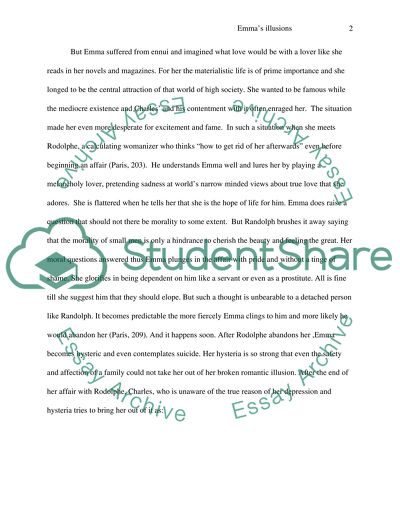Cite this document
(“A psychological assessment: the romantic illusions of Emma in Essay”, n.d.)
A psychological assessment: the romantic illusions of Emma in Essay. Retrieved from https://studentshare.org/psychology/1529114-a-psychological-assessment-the-romantic-illusions-of-emma-in-flauberts-madame-bovary
A psychological assessment: the romantic illusions of Emma in Essay. Retrieved from https://studentshare.org/psychology/1529114-a-psychological-assessment-the-romantic-illusions-of-emma-in-flauberts-madame-bovary
(A Psychological Assessment: The Romantic Illusions of Emma in Essay)
A Psychological Assessment: The Romantic Illusions of Emma in Essay. https://studentshare.org/psychology/1529114-a-psychological-assessment-the-romantic-illusions-of-emma-in-flauberts-madame-bovary.
A Psychological Assessment: The Romantic Illusions of Emma in Essay. https://studentshare.org/psychology/1529114-a-psychological-assessment-the-romantic-illusions-of-emma-in-flauberts-madame-bovary.
“A Psychological Assessment: The Romantic Illusions of Emma in Essay”, n.d. https://studentshare.org/psychology/1529114-a-psychological-assessment-the-romantic-illusions-of-emma-in-flauberts-madame-bovary.


